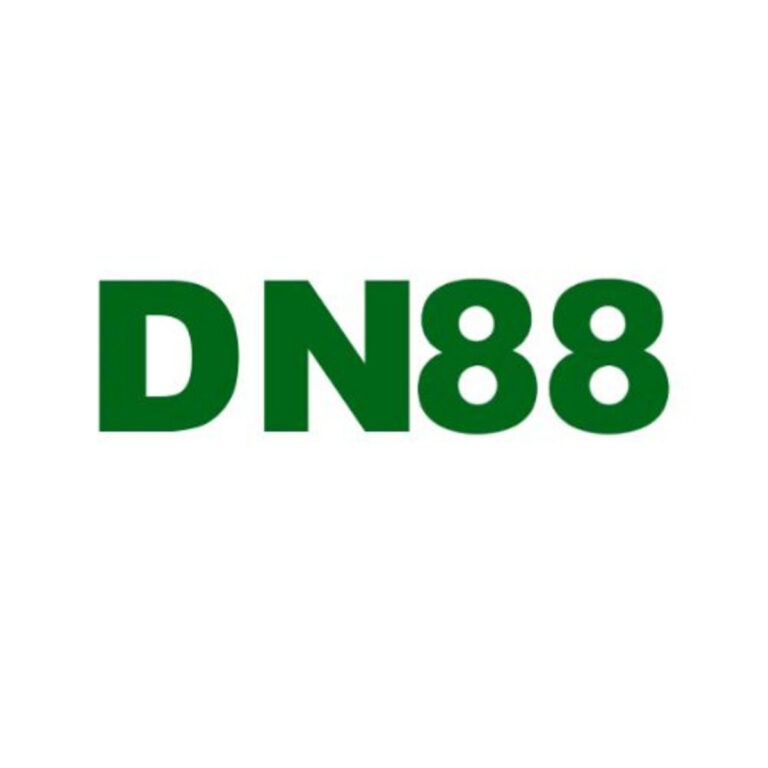
Slovenia U21
Investments in scouting networks across Europe and beyond are expected to unearth hidden talents, while partnerships with foreign clubs may facilitate beneficial loan systems. The ultimate goal is to produce a generation capable of competing at the highest levels and contributing meaningfully to the senior Slovenian national team RR88.
Player Development Pathways in Slovenia U21
The success of the Slovenia U21 team depends heavily on effective player development pathways, which involve grassroots initiatives, club academies, national coaching programs, and international exposure. Understanding these pathways provides insight into how Slovenia cultivates its young football talent and prepares them for elite competition thể thao RR88.
This segment explores the structure of youth development in Slovenia, the role of various organizations, and the transition process from local clubs to the national team.
Grassroots Initiatives and Youth Academies
Grassroots programs serve as the primary entry point for young Slovenian footballers. These initiatives aim to promote basic skills, love for the game, and early talent identification among children and teenagers. Local schools and community clubs form the backbone of this system, often supported by regional football associations.
Nationally, the Slovenian Football Association (NZS) promotes talent pools and organizes youth leagues to foster competitive spirit and skill enhancement. Prominent clubs like Maribor and Olimpija Ljubljana operate their own academies, focusing on individualized training, tactical education, and physical development.
The integration of sports science and modern training techniques at these levels has revolutionized youth development, enabling players to develop not just technical ability but also resilience and tactical intelligence.
Transition from Club Youth Teams to National Programs
Once players demonstrate potential at the grassroots and academy levels, the next phase involves integrating them into organized national youth teams, starting from the U15 cadre and progressing to U21. This structured progression ensures consistent training, competitive matches, and coaching continuity.
Key aspects of this transition include:
- Regular scouting reports to identify promising talents.
- Tailored training regimens adapting to age-specific needs.
- Participation in friendly matches and European youth tournaments.
- Mental coaching and educational support to balance academic and athletic pursuits.
The role of club coaches during this phase is critical, as they coordinate with national team selectors to optimize player readiness.
International Exposure and Friendly Matches
International exposure is vital for youth players to adapt to different playing styles and elevate their game. Slovenia U21 benefits from participation in UEFA and FIFA-organized tournaments, including qualifiers, friendly matches, and invitational events.
These opportunities allow players to test their skills against diverse opponents, learn new tactical systems, and gain confidence. Additionally, loan systems with foreign clubs expand horizons, especially for talented players seeking experience in more competitive leagues.
Some of the most impactful experiences come from participating in the UEFA European Under-21 Championship qualifiers, where intense competition prepares players for senior-level challenges.
Challenges in Player Development
Despite a robust structure, challenges persist:
- Limited exposure to top-tier international competitions at the youth level.
- Financial constraints affecting training and travel arrangements.
- The need for more specialized coaching staff focused on youth development.
- Ensuring psychological readiness and resilience amid pressure.



